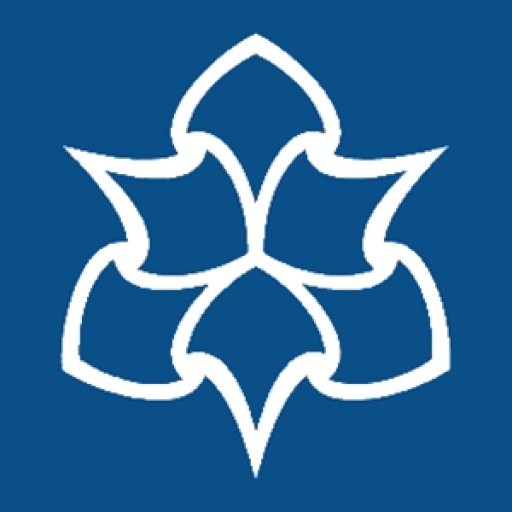Modern genetics is revolutionising biology and medicine. The government’s 100,000 Genomes Project aims to sequence the genomes of up to 100,000 NHS patients or infections in patients to produce better and earlier diagnosis of disease and more personalised care. None of this would be possible without a detailed understanding of genetics.
Many of the most fundamental questions in biology concern genetics:
- Why do some diseases seem to run in families?
- How does an organism develop from a single cell?
- What is the basis for the similarities and differences between individuals, and between species?
Our programme covers a broad range of topics in modern genetics, with modules designed to give you a thorough grounding in the molecular biology of DNA, RNA and proteins, as well as the role of genes in development, ecology and evolution, equipping you with the skills you need to take your place at the forefront of 21st century science – whether it’s in biomedicine, conservation or ecology.
Highlights
- Wide array of second and third year option modules
- Hands-on experience from field trips
Year 1
Required modules:
- Practical Molecular and Cellular Biology
- Cell Biology
- Evolution
- Molecular Genetics
- Practical Biology
- Physiology
- Ecology (includes field trip to Somerset)
- Basic Biochemistry
Year 2
Required modules:
- Genes and Bioinformatics
- Evolutionary Genetics
- Research Methods and Communication
- Transmission Genetics
Option modules:
- Cell Biology and Developmental Genetics
- Comparative and Integrative Physiology
- Animal and Plant Diversity
- Marine and Animal Diversity (includes field trip to Millport, Scotland)
- Metabolic Pathways
- Microbial Physiology and Growth
- Membrane and Cellular Biochemistry
- Ecological Interactions (includes field trip to Croatia)
- Human Genetic Disorders
Year 3
Required modules:
- Research Methods and Communication II
- Population and Chromosomes Genetics
- Functional Genomics and Epigenetics
Option modules:
- Membrane Proteins
- Behavioural Ecology
- Human Genetics and Genomics
- Ecological and Evolutionary Genomics
- Parasites and Infectious Disease
- Neuroscience: molecules to behaviour
- Enzyme Catalysis
- Mammals and Evolution
- Reproductive and Developmental Biology
- Species and their relationships: dinosaurs to DNA (includes field trip to Canada)
- Tropical ecology and conservation (includes field trip to the African savannas)
All third year students must complete one of the following:
- Biological Sciences Research Project
- Project Skills in the Life Sciences
- Investigative Project
Field trips
This programme includes several optional modules with a field course component. These modules generally require your attendance at a location away from Queen Mary and outside of the normal teaching semesters.
We do everything we can to minimise any additional costs that may be incurred during your studies. Complusory fieldwork will not cost you anything extra. For optional overseas fieldwork, you will need to contribute up to £150, plus the cost of your flight (based on costs in the year 2015/16). Full and partial bursaries are available. Destinations can vary year-on-year, are subject to availability and depend on the modules you choose. If you are interested in attending a field trip, you discuss this with your personal academic advisor (every student is assigned an advisor once they start with us).
Requirements
- Applicants who have successfully completed their Certificate of Secondary Education (Attestat) will be considered for entry onto a Queen Mary International Foundation Programmes. Although our offer will vary from board to board, we will expect to see a minimum average score of 4.
- IELTS 6.5 overall
Scholarships
- Global Education





